Aphorisms
Aphorisms
Insights, human truths, bon mots, brain farts, and potential nonsenses.
An irregularly updated collection from my various works.
- Most companies make it not because of their competencies, but despite their incompetencies.
- Humanity is such that we accept that we do things by accident, but assume that others do things deliberately; we judge ourselves based on our intentions and everyone else on their behavior.
- Universal approaches always fail because they ignore crucial context; there is a decisive difference between a blink and a wink.
- One should never cast questioning aside because it threatens comfort. Critical enquiry has to be faced, not banished in favor of that more uplifting; inevitably the bad news will arrive anyway, and in the meantime, we fool ourselves.
- Founders frequently forget that employees do not care as much as they do. A baby to its parents is just a kid to others.
- Performance measurement, particularly in strategy, is a paradox unto itself: the firm needs measures to rely on, but cannot rely on measures.
- As far possible, make sure that your strategic decisions are etched in mud rather than set in stone. Things change.
- While extraordinary claims require extraordinary evidence, it is extraordinary how many claims in business discourse do not even have ordinary evidence.
- Most management theory is self-evidently skewed to benefit consultants, not companies.
- Strategic planning begins with the world as it ought to be. Adaptive strategy begins with the world as it is.
- The main problem with cascading strategy and its supporting management systems is that it very easily leads to a situation whereby firms paint themselves into an ever smaller corner with an ever larger brush.
- The challenge with people who have a surface level understanding is with their verbal appearances; they know the words, but do not grasp the language.
- The opposite of a good idea can be another good idea, but the opposite of a bad idea can also be another bad idea.
- In strategy, position is less important than disposition.
- The driving force behind a vast number of business decisions is ego; strategic leaders habitually choose courses of action that will make them look good rather than their companies money.
- Culture is an immensely complex phenomenon that many organizations attempt to reduce to platitudes on first days and cupcakes on Fridays.
- In practice, planning for change rarely equates to more than a changing of plans.
- Most who comment upon the (un)likelihood of a successful company making it through decades by merely being lucky fail to consider the odds of their own existence. Relatively speaking, across a large enough sample, is not just feasible but probable.
- Managers regularly keep organizational blemishes so that they may be blamed for larger defects.
- Upon closer inspection, many influential thinkers in business discourse are revealed to only truly possess one trait par excellence: shoehorning capabilities of Cinderellian standards. The result is an intellectual shit show of the absolute highest order; a masterclass in the feculent arts.
- If markets are complex adaptive systems, which they provably are, and they keep changing, which they provably do, teaching based on reductive case studies of one guarantees strategic insights that per definition are non-transferrable and outdated. Few business schools have figured this out.
- The one thing above all else that a great strategist should know is that they cannot know everything. They should know that they, and others, will make mistakes, but also therefore to leave a way to correct them.
- The challenge with emergence to those in an organizational hierarchy who do not understand the phenomenon is, as Gary Rivers once put it, that what looks like evidence on one scale, looks like noise on another.
- Few strategists take individual capability to act into account. Even fewer take individual willingness to act into account.
- Executives see the forest, but not the trees. Employees see the trees, but not the forest.
- A pivot rarely means anything other than a move to a space where competitors already know what they are doing.
- For some reason, we seem to like our failures to be multiple in nature and our successes to be singular in nature. In reality, however, firms can fail in many, many ways, but also succeed in many, many ways.
- Strategic management is the management of tensions; between the understandable present and unknowable future; between requisite efficiency and requisite inefficiency; between robustness and resilience; between exploitation and exploration; between predictability and adaptability.
- The irony of conventional economic (and by extension business) thought is that it took the ideas of the anti-theist enlightenment and treated them as faith.
- Almost all strategic problems change over time, which means that time spent looking for a solution is often time better spent learning to adapt.
- The issue for most executives is not that they lack help, but that they are drowning in it.
- Strategy is about asking the right questions, not providing the right answers.
- Time and again, in nature as in markets, the sole sustainable competitive advantage is proven to be superior adaptability.

